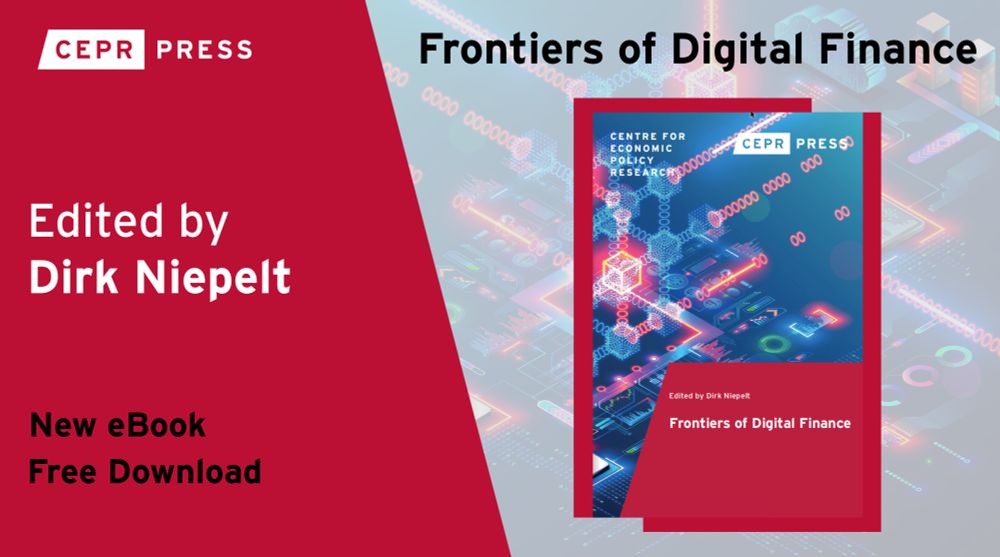
https://sites.google.com/site/paddycarter/

www.theguardian.com/education/20...

www.theguardian.com/education/20...
Paper finds that the project resulted in the opening up other, lower cost, housing on the island, benefiting the housing market overall.
Paper finds that the project resulted in the opening up other, lower cost, housing on the island, benefiting the housing market overall.
It would induce firms not to "take a chance" on candidates who seem risky or have unusual profiles.
...
Making unfair dismissal a ‘day one’ right would have taken the UK from one internation extreme to another.

It would induce firms not to "take a chance" on candidates who seem risky or have unusual profiles.
...

AFP reports soldiers said they were taking "total control" of the country, suspending its electoral process and closing its borders, three days after elections
AFP reports soldiers said they were taking "total control" of the country, suspending its electoral process and closing its borders, three days after elections
(via @afinetheorem.bsky.social )
(via @afinetheorem.bsky.social )
www.bii.co.uk/en/news-insi...

www.bii.co.uk/en/news-insi...
www.ess-news.com/2025/10/09/b...

www.ess-news.com/2025/10/09/b...


coefficientgiving.org/research/op...

coefficientgiving.org/research/op...




www.reuters.com/world/africa...
www.reuters.com/world/africa...
📥Free download here: cepr.org/publications...
#EconSky

📥Free download here: cepr.org/publications...
#EconSky

archive.ph/2025.11.08-2...
archive.ph/2025.11.08-2...


